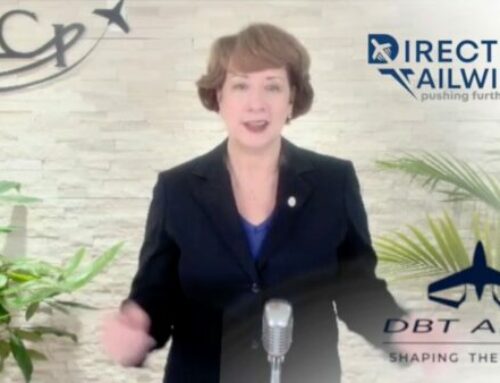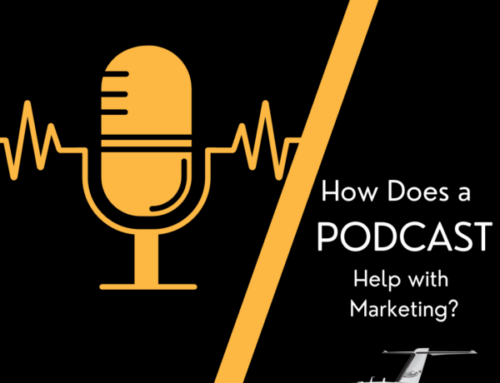 Hiring someone is always a leap of faith.
Hiring someone is always a leap of faith.
Whether it’s an assistant to take your calls or a specialized consultant like an accountant, lawyer or even a sales or marketing consultant; there is always risk involved. No matter how badly the help is required, we’re not being realistic if we don’t recognize that we’re taking a risk with our hard-earned reputation.
It takes a high degree of trust to work together on a high-performance marketing campaign or system. With some clients, we feel that trust from the first meeting or phone call and it’s obvious from the results we get that we’ve “stumbled into” a good thing right away. With other clients, trust builds naturally over time in small steps as we keep commitments to one another in the course of our interactions each month.
When Steven Covey passed away recently, I started to re-read a few of my favorite books that he had written.
I have a whole stack of them – When I was in my twenties and still learning my way around business, I worked as a consultant for company called Franklin Quest at a time when it was merging with the Covey Leadership Center.
All employees were encouraged to read Dr. Covey’s books and attend his lectures. While there are is no shortage of “self-help” and “management improvement” authors and lecturers out there, Covey stood out as a person who wasn’t just writing and lecturing. He actually believed and used his own ideas, as preposterous as some of them seem in a cynical and hard-nosed business world. He also brought some changes to a very competitive consulting firm that were unusual. In a turbulent, merging company where many consultants would clamor for attention and stab one another in the back in competition for scarce contracts, Covey demanded that we “defend those absent,” and “listen first.” He was a tough negotiator and a hard-nosed businessperson but actually, (get this) trustworthy. I was impressed.
There is an excellent chapter in Covey’s Smart Trust that provides a great description of low-trust versus high-trust relationships – it’s worth considering the following table when you think about any professional (or personal!) relationship!
Which of the following words describe what it’s like to work or interact with that person?
| Stressful | Fun |
| Complicated | Easy |
| Exhausting | Exciting |
| Difficult | Invigorating |
| Unpleasant | Productive |
| Frustrating | Energizing |
| Deadening | Enjoyable |
| Nonproductive | Straightforward |
| Unfulfilling | Stimulating |
| Painful | Beneficial |
| Risky | Safe |
| Scary | Freeing |
| Dangerous | Liberating |
According to Dr. Covey’s analysis, if most of the words you chose were on the left side of the table, you have a trust issue that needs to be addressed, or it’s time to end or re-orient that relationship. If most of the words you chose are on the right side of the table, you’re in a high-trust relationship.
High-trust relationships are very powerful in business, and they are not as rare as it might seem given the headlines about corporate scandals. People who trust each other give each other more “space” to explore creative ideas, more latitude to find the best solutions to problems, and it takes less time and energy to get things done.
From our end, ABCI understands that trust is a two-way street. If we notice that our team dreads meeting with a particular client or feels drained after every interaction and the situation doesn’t improve after a month or two of hard work and good performance, we come to the conclusion that this is not a client that we can work with long-term.
We all have a limited amount of time and energy to spend – and we have a lot more of both when we focus on clients that enjoy working with us. And it’s an almost infallible barometer of our level of success with them.}.






Leave A Comment